This week Ellen is sitting down to talk bass with a true legend of bass guitar: Tony Levin.
Talking Bass With Tony Levin
This week Ellen is sitting down to talk bass with a true legend of bass guitar: Tony Levin.
Tony has been a first call session bass player since the 1970s having recorded with artists such as John Lennon, Paul Simon, Lou Reed, David Bowie and many many more but he’s most well known for his pioneering work with Peter Gabriel and as bass player with the progressive rock giants King Crimson.
In this interview Tony discusses his background in classical music and how he eventually came to work with Peter Gabriel and Robert Fripp. He also provides an insight into his recording of the classic bass line from the song Sledgehammer and gives some tips on working as a professional bass player.

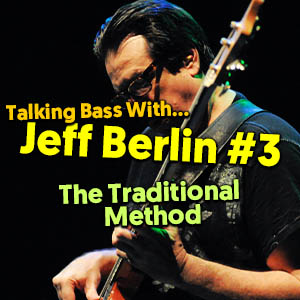
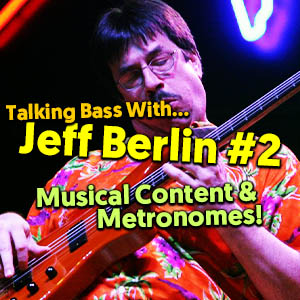
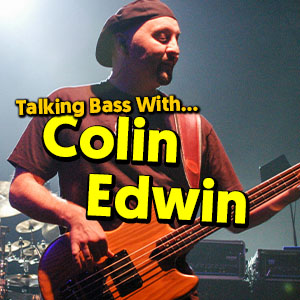
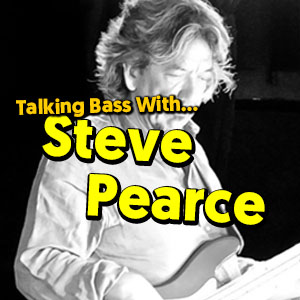
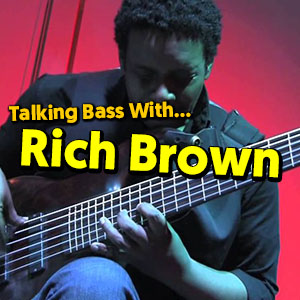
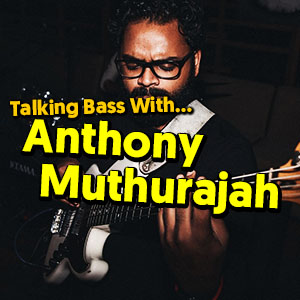

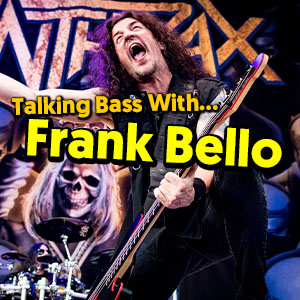
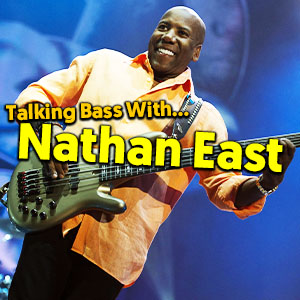
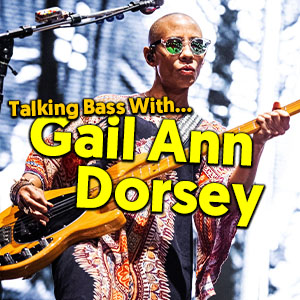
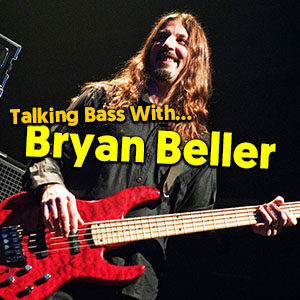
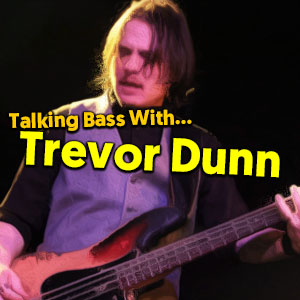
Leave A Comment